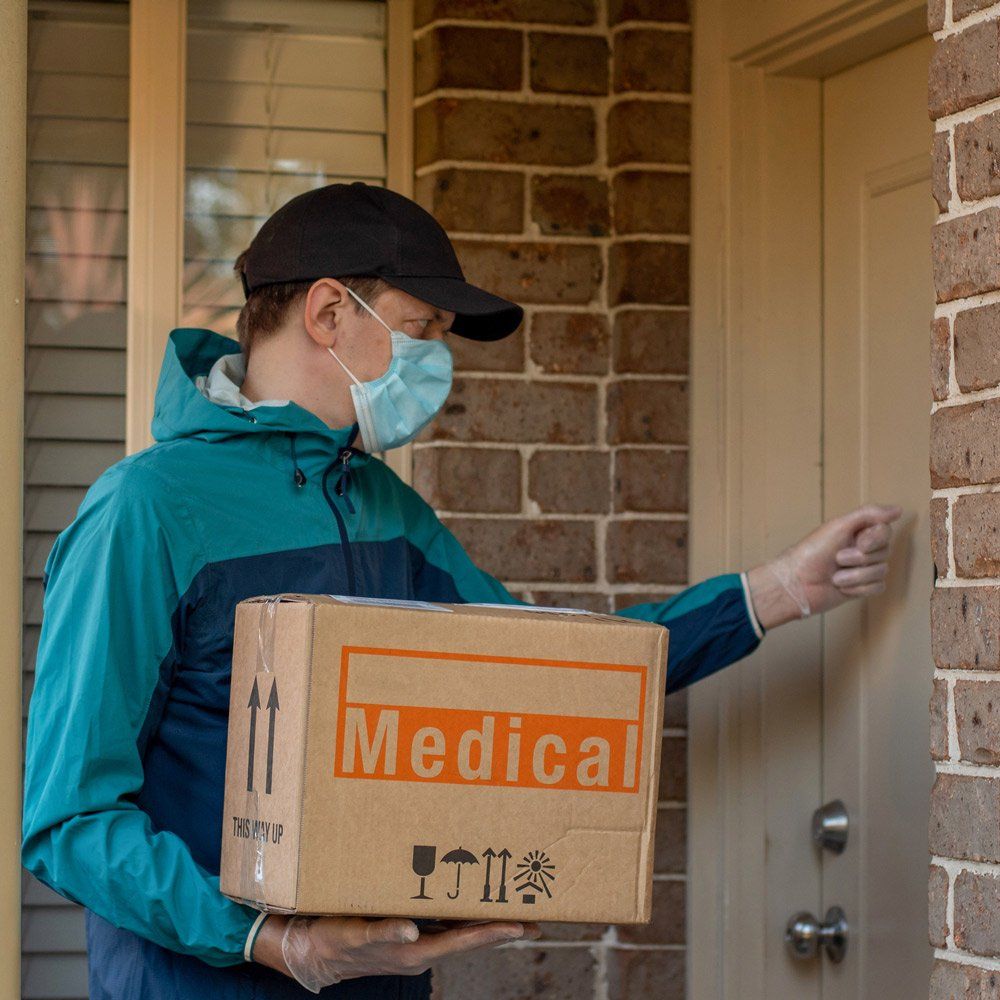Understanding the Role of Veterinary Labs in Pet Health
Understanding the Role of Veterinary Labs in Pet Health
Blog Article
Pets are family, and maintaining their vitality takes proactive care. Animal diagnostic centers play a crucial role in guiding treatment plans for household animals.
In this discussion, we’ll cover the importance of veterinary labs and show how labs work with vets.
Understanding Pet Diagnostic Centers
Pet testing services focus on testing for examining samples. They provide critical insights to develop effective treatments.

Typical procedures usually includes:
- Sample collection: Tissue or fluid samples are sent to the lab.
- In-depth testing: Technicians and machines analyze the findings.
- Providing actionable data: Information helps manage health for targeted interventions.
Common Veterinary Tests for Dogs and Cats
A variety of tests are available for pets to detect illnesses early. Frequently used procedures include:
- Blood analysis: Assess organ function.
- Urine testing: Evaluate kidney function.
- Stool testing: Monitor intestinal health.
- Sensitivity screens: Support long-term comfort.
- X-rays and ultrasounds: Check internal organs.
The Benefits of Veterinary Testing
Routine diagnostics ensures better outcomes. With timely diagnostics, you save on emergency costs.

Additional benefits include:
- Proactive care: Health problems are minimized.
- Lower medical expenses: Early detection reduces expenses.
- Trust in their well-being: Stay ahead of potential issues.
laboratório diagnóstico veterinário
laboratório clínico veterináriolaboratório de análises clínicas veterinária
Conclusion: Veterinary Labs as a Cornerstone of Pet Health
Pet health labs provide the foundation for accurate diagnoses. Through proactive diagnostics, you support their quality of life.
Make pet health a priority and help them live their best lives!
Report this page